Glycogen is a multibranched polysaccharide that serves as a form of energy storage. Glycogen is made and stored primarily in the cells of the liver and the muscles, and functions as the secondary long-term energy storage (with the primary energy stores being fats held in adipose tissue). It forms an energy reserve that can be quickly mobilized to meet a sudden need for glucose: muscle glycogen is converted into glucose by muscle cells, and liver glycogen converts to glucose for use throughout the body including the central nervous system. Only the glycogen stored in the liver can be made accessible to other organs. In the muscles, glycogen is found in a low concentration (one to two percent of the muscle mass). The amount of glycogen stored in the body—especially within the muscles, liver, and red blood cells mostly depends on physical training, basal metabolic rate, and eating habits.
As a meal containing carbohydrates is eaten and digested, blood glucose levels rise, and the pancreas secretes insulin. Insulin acts on the hepatocytes to stimulate the action of several enzymes, including glycogen synthase. After a meal has been digested and glucose levels begin to fall, insulin secretion is reduced, and glycogen synthesis stops. When it is needed for energy, glycogen is broken down and converted again to glucose. For the next 8–12 hours, glucose derived from liver glycogen will be the primary source of blood glucose to be used by the rest of the body for fuel.
GLYCOGEN AND PHYSICAL ACTIVITY
Glycogen is stored with water, in the ratio 1 gram of carbohydrates to 3 grams of water. During exercise, this glycogen is broken down into glucose, which, along with fat, supplies the muscle with energy. The muscles use ATP for energy, but ATP stores are quickly depleted. At first the body will create ATP by having creatine phosphate donate a phosphate molecule to ADP, but creatine phosphate is also depleted quickly. For the muscles to continue to work over longer periods of time, ATP must be created from muscle glycogen through glycolysis. Therefore, the more glycogen the muscles can hold, the more ATP can be produced for anaerobic muscle contraction. Muscle cell glycogen appears to function as an immediate reserve source of available glucose for muscle cells.
In short bursts of high intensity (anaerobic) exercise, such as sprinting and weight lifting, a large amount of energy is quickly required.
Glycogen is the main fuel as only it can be converted fast enough.
Very little fat is used. In longer periods of low intensity exercise (aerobic) such as cycling, swimming, long distance running, glycogen is the main fuel but as these stores are used up, a greater proportion of fat is used. The ability to perform prolonged exercise is related to your body’s glycogen stores. Fatigue is an indication of low levels of glycogen in the exercising muscles. A high level of glycogen at the start of exercise can delay fatigue from  taking place early. So, the amount of carbohydrate we eat determines the amount of glycogen stored, which in turn greatly affects our performance level. When we eat foods like fruit, cereal or bread, glucose goes into our bloodstream quickly, ready to provide immediate energy to the brain, muscles or other body tissues demanding energy. If you eat a low carbohydrate diet, it is less efficient for our bodies to store glycogen in your body. We may especially notice an energy drain if we do not take days off from our workouts routine. A glycogen drain will make us may feel listless and uninterested in exercising. You need to take a few days off from your work out to allow your body to recharge the glycogen stores.
taking place early. So, the amount of carbohydrate we eat determines the amount of glycogen stored, which in turn greatly affects our performance level. When we eat foods like fruit, cereal or bread, glucose goes into our bloodstream quickly, ready to provide immediate energy to the brain, muscles or other body tissues demanding energy. If you eat a low carbohydrate diet, it is less efficient for our bodies to store glycogen in your body. We may especially notice an energy drain if we do not take days off from our workouts routine. A glycogen drain will make us may feel listless and uninterested in exercising. You need to take a few days off from your work out to allow your body to recharge the glycogen stores.
PRE-EVENT MEAL
A high carbohydrate meal three to four hours before exercise is thought to have a positive effect on performance. It is important that you consume slow to moderate digesting carbohydrates that will not only power you up but sustain you throughout your routine. You should also incorporate fruits that are an excellent source of Vitamin C and electrolytes. They also provide you a quick energy source that puts your routine off to a good start. Protein, as well, should be a part of your pre-workout meal as this is necessary to provide a steady supply of nitrogen to stimulate protein synthesis or muscle growth.
EATING DURING EXERCISE
If exercise lasts longer than 60 minutes, it might be a good idea to eat some source of carbohydrate during exercise to top up blood glucose levels and delay fatigue. Low fat and low fibre food choices of a high glycaemic index, such as lollies (without chocolate) and sandwiches made with white bread, are ideal in these situations. Sports drinks and very diluted cordial or fruit juice offer the benefit of delivering both carbohydrate and fluid to the body.
EATING AFTER EXERCISE
To top up glycogen stores after exercise, the best foods to eat are carbohydrates with a moderate to high glycaemic index. This is best done in the first half hour or so after exercise. This should then be followed by foods high in carbohydrate, with a low glycaemic index. The more quickly the consumed carbohydrates can be broken down into glucose, the quicker glycogen stores will be replaced. This is because the enzyme (glycogen synthase) responsible for storing glycogen is highly elevated immediately after exercise. So simple sugars such as dextrose and glucose would fill glycogen stores the quickest. Carbohydrates that are lower on the glycemic index will still fill glycogen stores, it will just take longer and the glycogen supercompensation effect will be more gradual.
GLYCOGEN DEPLETION
Failure to appropriately replete glycogen may result in chronic glycogen depletion. There is evidence linking muscle glycogen depletion with both fatigue and injury. Symptoms are very similar to those of over-training. Muscles that are fatigued lose their strength, and thus their ability to protect joints, with the unfortunate risk of injury. The purpose of a good recovery nutrition strategy is to avoid chronic glycogen depletion that can take place over several days of training and avoid injury.
*****
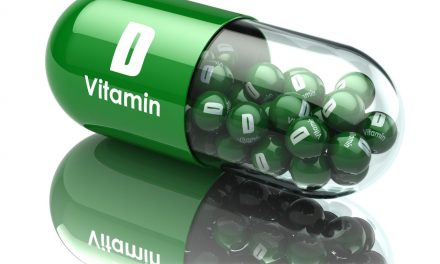
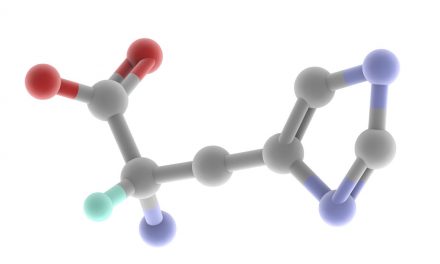
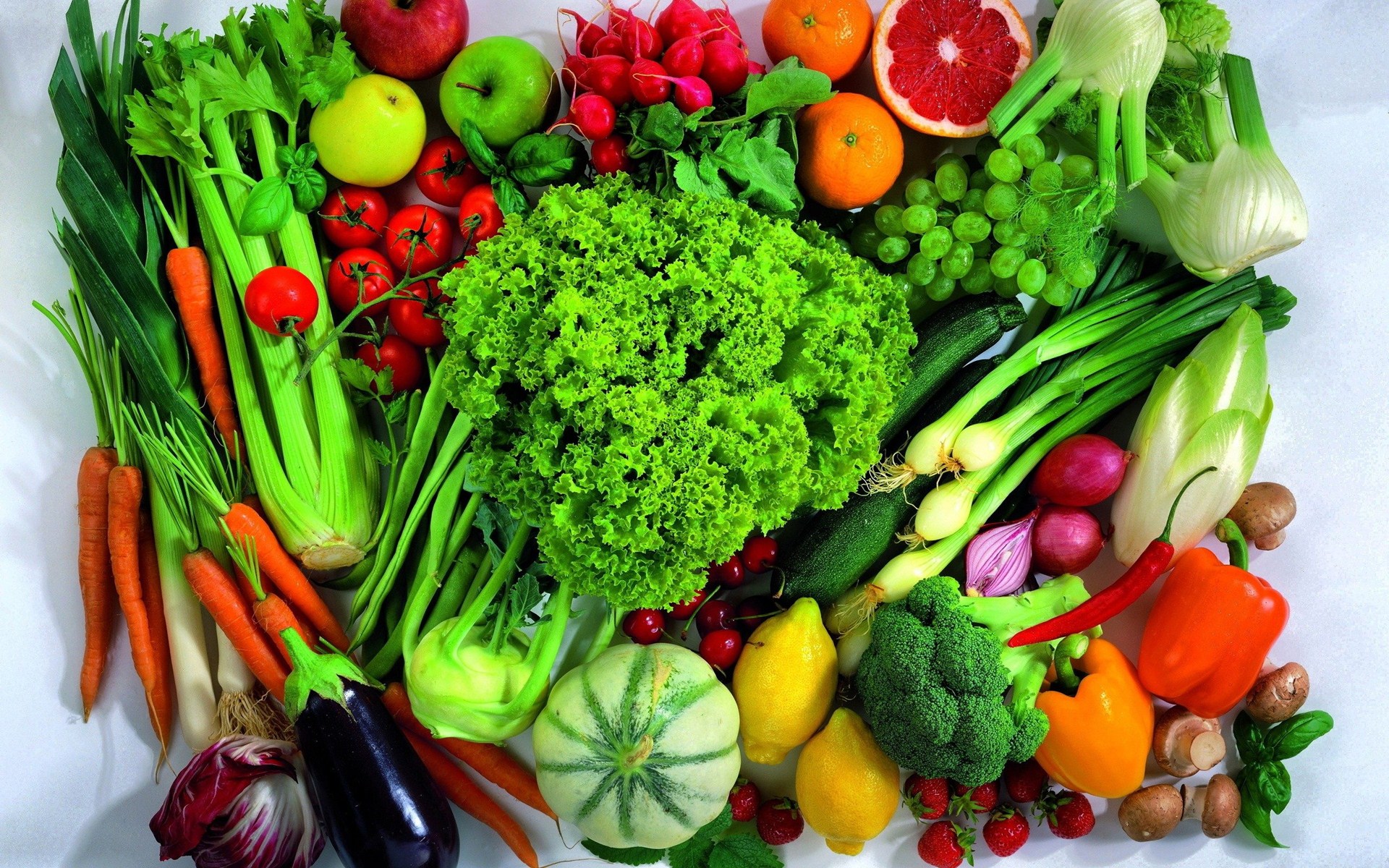
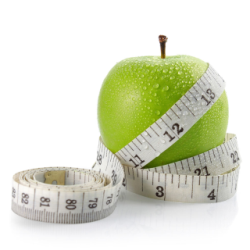

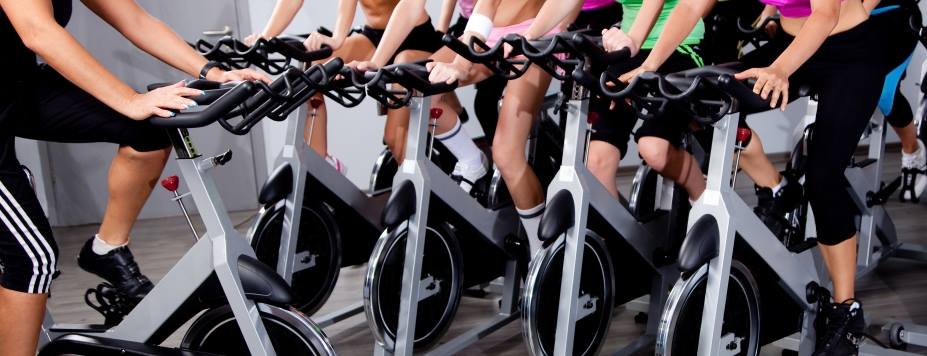
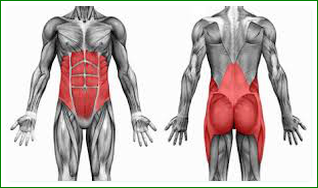


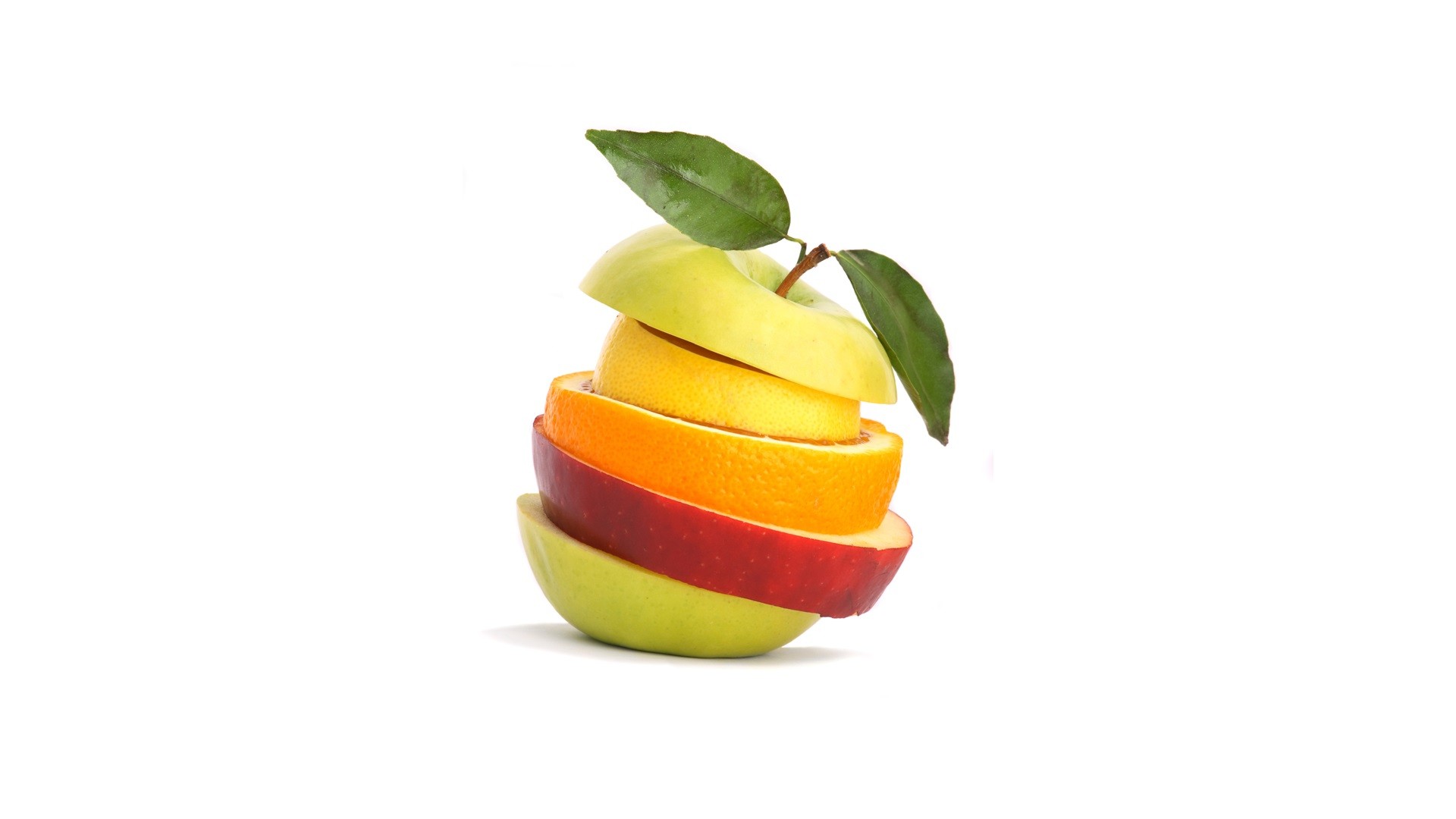
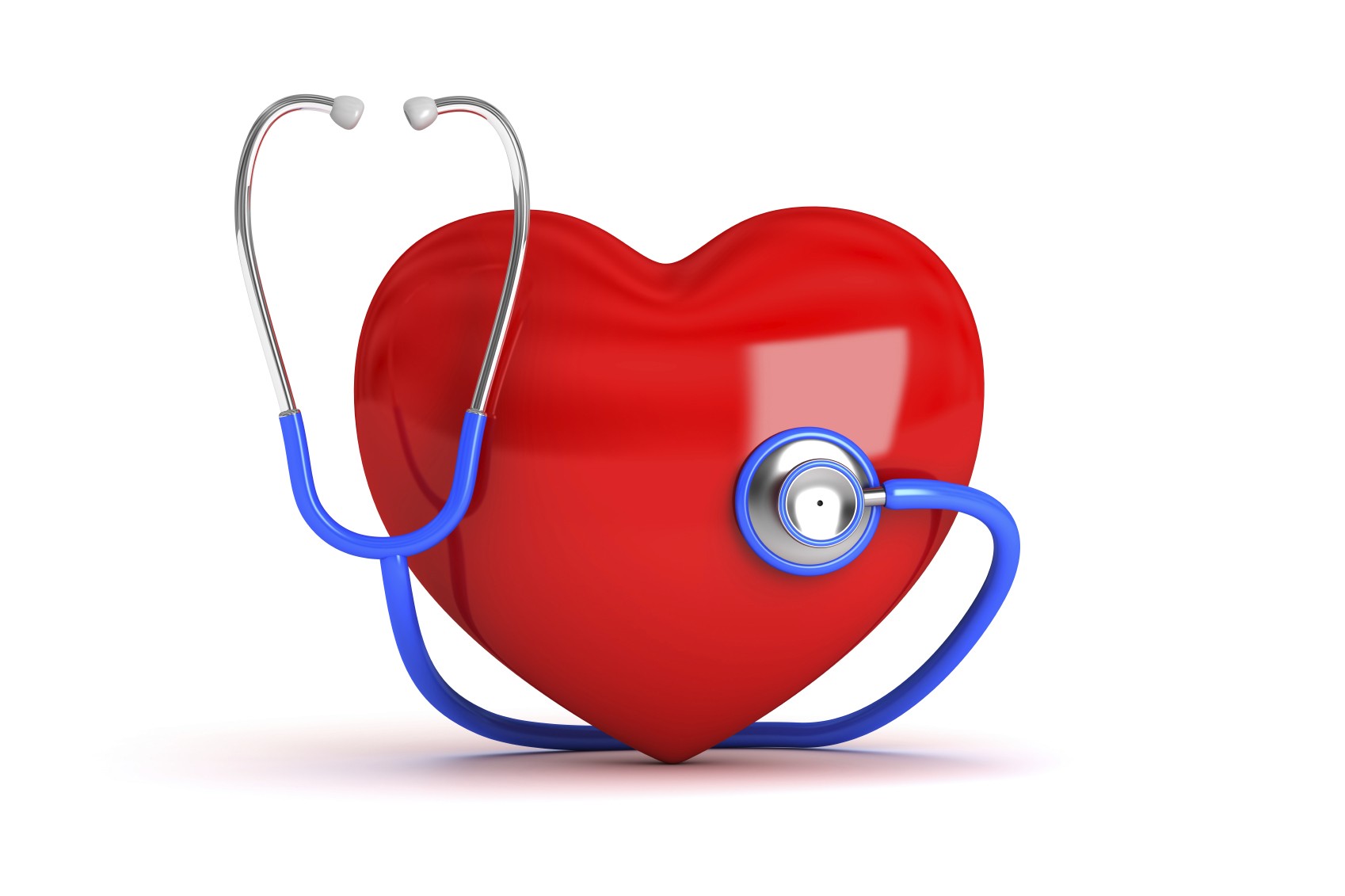
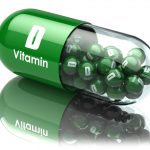
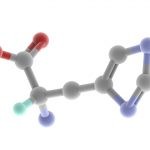

Easy to understand,I like it!
Wow! Thank you! I continually needed to write on my site something like that. Can I include a fragment of your post to my site?